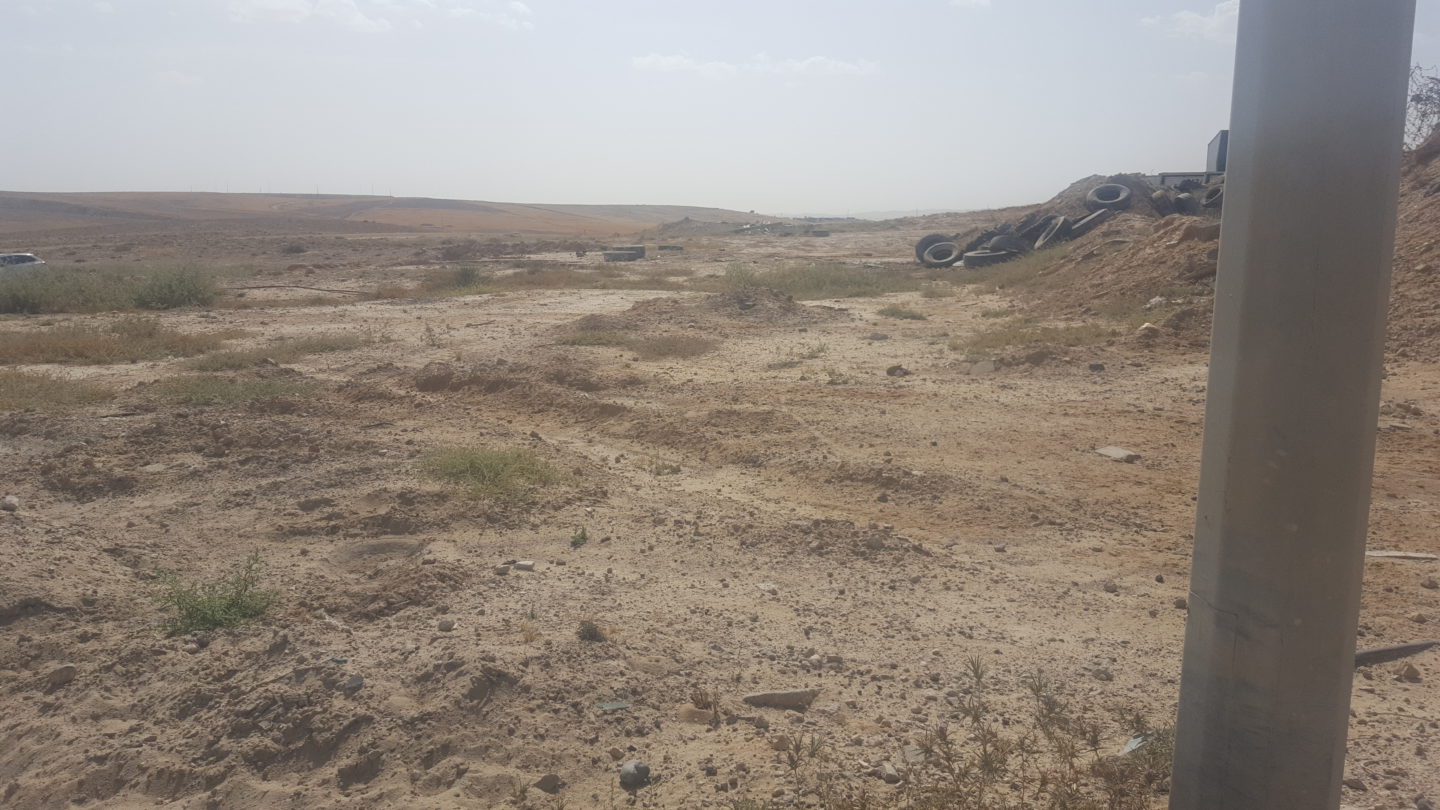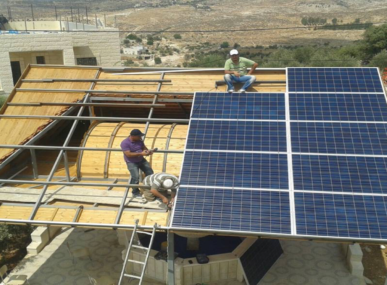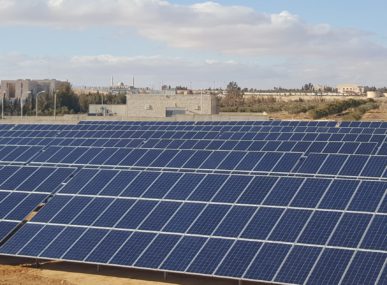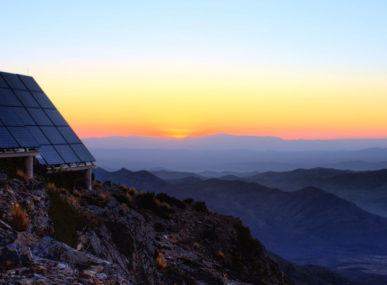The business is the brainchild of Gilad Oppenheimer, a serial entrepreneur with a background in mechanical engineering. “When I was a kid I was very connected to nature,” said Oppenheimer, now Green O.C.’s CEO. “I decided that as an adult I preferred to make money in a way that does good, improves the world, and innovates to contribute to all aspects of the environment.”
Oppenheimer teamed up with two returning Israelis — Michal Fonea Alexandron, who has a background in responsible investments and environmental policy, and her father, Dr. Jacob Fonea, a serial industrial entrepreneur who has spent the past four decades establishing pyrolysis, energy, and recycling facilities in Europe and eastern Europe.
Finding a solution for hazardous waste:
According to a report published by Israel’s Environmental Protection Ministry, the country produces approximately 300,000 tons of hazardous waste each year, only a third of which is being recycled. Accordingly, the government recommended companies pay disposal fees to have their hazardous waste either treated or exported for recycling.
Green O.C. saw the market and plotted course to deal with that recycling in-country. A government-run company currently holds the monopoly on hazardous waste disposal but is financially struggling to develop innovations needed to process all kinds of waste. While regulatory approvals have posed some challenges, Green O.C. is well on its way to providing an alternative to burying and burning waste — two current tactics that are more makeshift measures than viable solutions.






